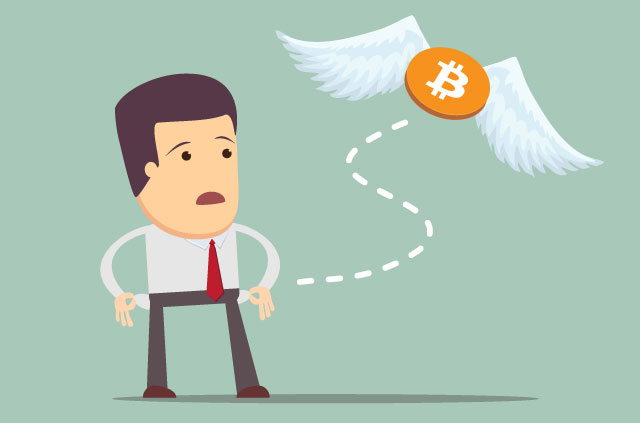
How is it to Lose Bitcoins Worth $245 Million?
The owner of 7,002 BTC worth $245 million has lost his private keys and soon could forget about his means forever.
The extremely high privacy of cryptocurrencies is a blessing, but it can also be a curse for someone who lost access to their wallet.
This happened to Stefan Thomas, a German-born programmer living in the US.
$240 Million could be Lost
The NY Times published his story of how to accept the fact that there is a high chance you could lose $240 million. In 2011 Thomas did an educational video called “What is Bitcoin?” for a Bitcoin enthusiast. The BTC fan paid German programmer 7,002 Bitcoins for his work.
Of course, he didn’t make this payment seriously as back at the time Bitcoin almost had no value. Thus Thomas lost his private key (actually the password) to the wallet. Over the past years, the primary digital currency took a solid position as one of the most valuable assets and for today 7,002 BTC worth around $240 million.
The IronKey crypto wallet which Tomas used for his BTC gives users 10 attempts to guess the private key (password). If they fail to do so, it will encrypt the crypto forever. The German programmer has already tried 8 of his most used passwords but failed each of them.
“I would just lay in bed and think about it. Then, I would go to the computer with some new strategy, and it wouldn’t work, and I would be desperate again.”
After many unsuccessful attempts, Thomas would blame the unique ecosystem of Bitcoin. Crypto nature carries some risks, and Thomas compared it to the banks - the opponents of digital assets.
“This whole idea of being your own bank – let me put it this way: Do you make your own shoes? The reason we have banks is that we don’t want to deal with all those things that banks do.”
Thomas noted that if banks’ clients have problems accessing their accounts, they could get help fast. But Bitcoin is decentralized which means there is no similar service.
There is Hope
While people with the same issue see it as an obstacle, others consider it safe and free access to their funds from any corner of the world.
Though Thomas still has two more attempts left, he has already accepted the situation:
“I got to a point where I said to myself, ‘Let it be in the past, just for your own mental health.”
In the end, Thomas has put his wallet in a secure facility in case cryptographers find out new ways of breaking passwords in the future.




